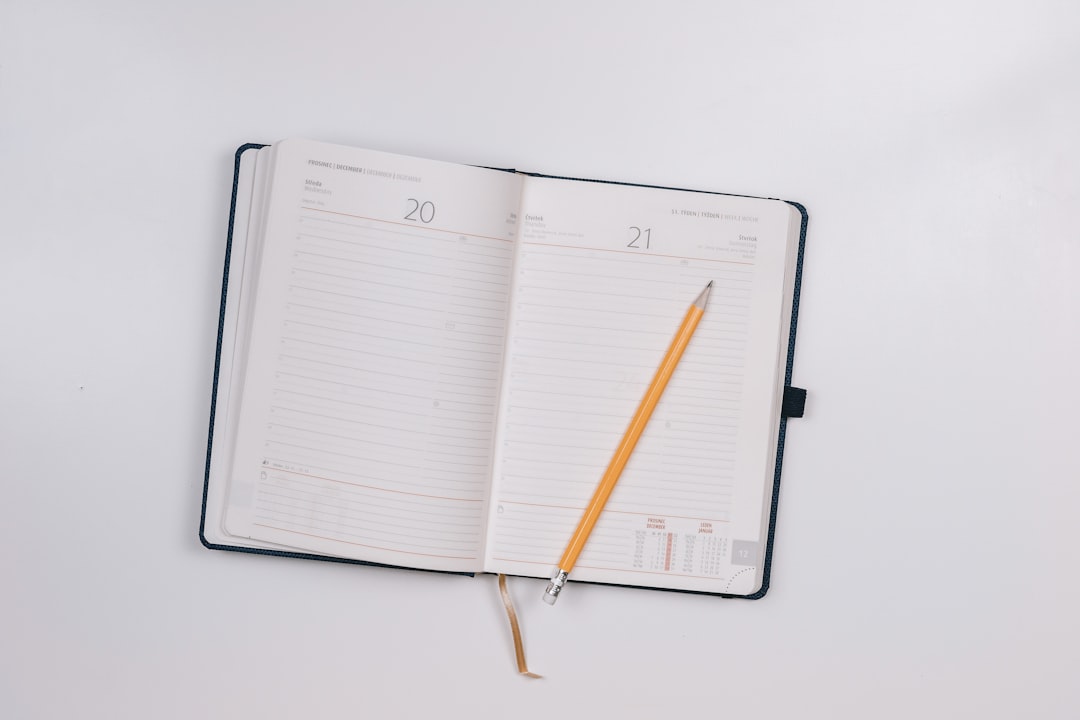
Ever feel like you're drowning in a sea of to-dos, with projects that never seem to end?
Yeah, I’ve been there more times than I can count. That overwhelming feeling when a big task looms, and you just don't know where to start. It’s paralyzing, isn't it? For years, I struggled with this. It wasn't just with work projects but with personal goals too. It felt like I was constantly starting things and never finishing them. Or I just avoided them altogether because the sheer size of the task scared me off. But I learned something crucial. A little bit of planning, done right, can turn that mountain into a series of manageable molehills. It’s not about rigid, complicated systems. It’s about clarity and simple steps. And trust me, if I can learn this after battling laziness and a host of unhealthy habits, you absolutely can too.
So, let's talk about how to get your projects planned perfectly, or at least, planned well enough to actually get them done without losing your mind. Here are ten steps that have genuinely helped me.
1. Know Your Big "Why"
Before you dive into the "how," you absolutely need to nail down your "why." What's the real reason you're doing this project? What's the ultimate outcome you're hoping for? When I was battling my old habits like overeating and laziness, just saying "I want to be healthy" wasn't enough. My "why" became about having more energy for my loved ones and truly living a life with purpose. For me, part of that deeper "why" also involves trying to strengthen my faith and honor the life I've been given. Knowing your deep "why" fuels your motivation when things get tough. So, take a moment. What’s yours for this project?
2. Break It Down (Seriously Small)
This is where the magic happens. A giant project is terrifying. A tiny task? Not so much. Think about losing over 110 pounds. If I had focused on that huge number every day, I would have given up before I even started. Instead, I broke it down: one healthy meal, one short walk, one day of sticking to the plan. Do the same with your project. What's the very first, tiny action you can take? Then the next? Make your steps so small they feel almost too easy to do. This approach beats procrastination every time.
3. What Do You Need?
Okay, you know why you're doing it and you have your small steps. Now, what resources will you need? This isn't just about money. Think about:
- Time: How much dedicated time can you realistically give this? Be honest.
- Tools: Any software, equipment, or physical items?
- Information: What do you need to learn? Who can you ask for advice?
- Support: Do you need help from others? Maybe a friend to keep you accountable or someone to lend a hand.
Listing these out now saves you from hitting a wall later.
4. Realistic Timelines (with Wiggle Room!)
Oh, the optimism of setting deadlines! We all do it. We think we can get things done way faster than reality allows. Be honest with yourself. How long will each small step actually take? Then, add a little buffer. Life happens. Unexpected things pop up. Kids get sick, work throws a curveball. A buffer prevents one delay from derailing your whole project and causing unnecessary stress.
5. Prioritize Like a Pro
Not all tasks are created equal. Some tasks are crucial and need to be done first. Others can wait. Figure out what's most important. What will make the biggest impact on your goal? What needs to happen before other steps can begin? Focus your energy on those high-priority items. Trying to do everything at once is a recipe for burnout.
6. Map Out the Actions
Now, take those broken-down tasks and priorities and put them in order. What needs to happen first, second, third? Think of it like a recipe. You can't bake the cake before you mix the ingredients. You don't need fancy software. A simple to-do list for each phase or even a basic flowchart drawn on a piece of paper can be super helpful here. Just make it clear what follows what.
7. Plan for Roadblocks
This isn't about being negative. It's about being smart and realistic. What could go wrong? What are the common pitfalls for this type of project? If you anticipate potential problems, you can often come up with a solution before they even happen. Or at least, you won't be completely blindsided when a challenge arises. Think about your past experiences. Where did things go off track before? Learn from it.
8. Put It on the Calendar
An intention without a schedule is just a wish, my friend. Those small steps you identified? Block out time for them in your calendar, just like you would an important appointment. This is where my strategy of short bursts of deep work (usually 2–4 hours) comes in. I schedule them. I protect that time fiercely. It makes a huge difference in actually moving forward instead of just thinking about moving forward.
9. Check In and Adjust
Your plan isn't set in stone. It's a living document. Regularly review your progress. Are you on track? Do you need to adjust your timeline? Maybe a task is taking longer than expected, or a new, more urgent priority has emerged. That's okay! It’s normal. The key is to catch these things early and adapt your plan. Don't be afraid to change course if needed. Flexibility is strength.
10. Celebrate Every Little Win
This is so, so important. We often wait until the very end of a massive project to feel good about it. Don't do that! Acknowledging and celebrating small victories along the way keeps your motivation high and makes the process enjoyable. When I was on my journey to lose weight and get healthy, every five pounds lost, or every week I stuck to my new habits, was a reason to feel good, to acknowledge the effort. It builds momentum. Finished a tough task on your project list? Pat yourself on the back. Stuck to your plan for a whole week? Awesome! These little celebrations are fuel.
Planning doesn't have to be a chore. It's actually an act of kindness to your future self. It clears the fog and gives you a path. It turns chaos into order. And it makes achieving those big, scary goals feel not just possible, but probable.
So, what’s one project, big or small, that’s been weighing on you? Can you take just 10 minutes today to think about its "why" and the very first, tiny step you could take? You might be surprised how much lighter you feel just by starting. You've got this.





